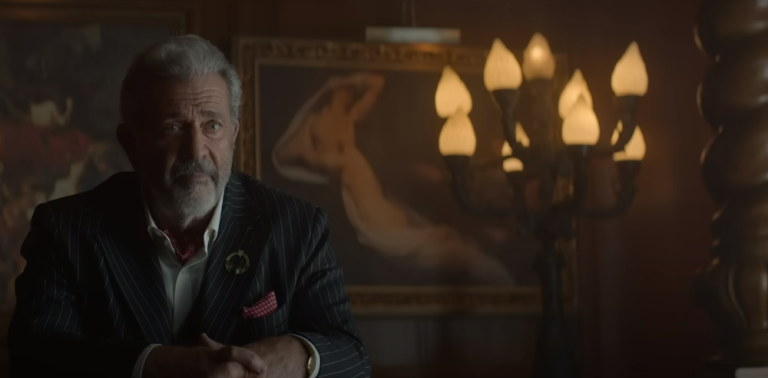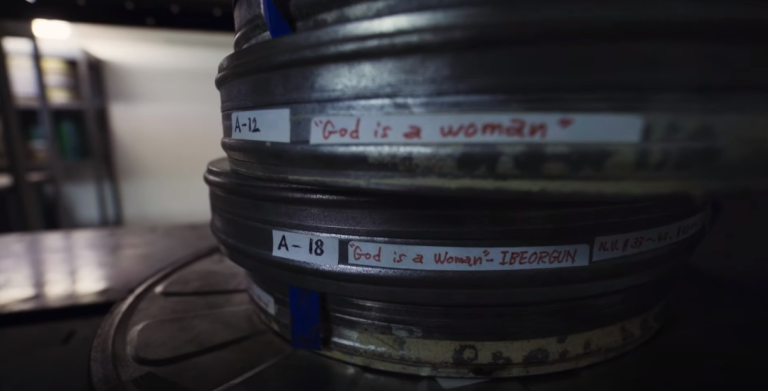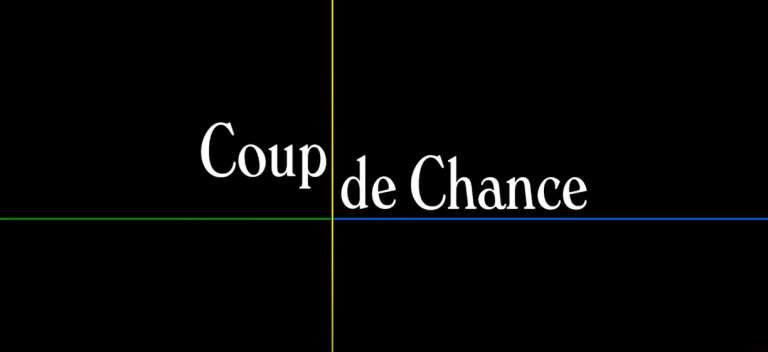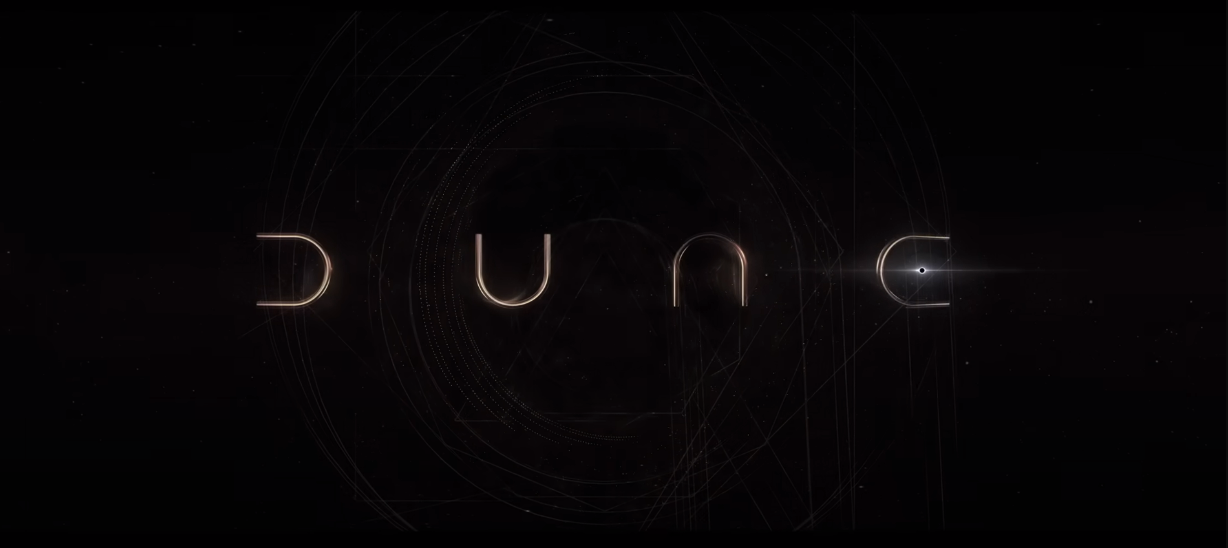

In the realm of counterculture science fiction, Robert Heinlein’s “Stranger in a Strange Land” and Frank Herbert’s “Dune” stand as influential pillars. Heinlein introduced the term “grok” to the cultural lexicon, while Herbert crafted a richly layered narrative that wove together futuristic politics, environmentalism, and religious themes. Despite decades of interest in adapting “Dune” for the screen, the motivations driving major producers and corporations to pursue this endeavor remain ripe for exploration.
My personal journey with “Dune” began belatedly. Growing up in the 1970s, I didn’t delve deeply into science fiction, thus missing out on Herbert’s masterpiece. Even when David Lynch’s adaptation hit theaters in 1984, my interest was more piqued by Lynch’s directorial prowess than the source material. However, as I matured, curiosity led me to pick up Herbert’s novel. While I found aspects of the prose and dialogue cumbersome, I was drawn into the story’s blend of social commentary, action, and suspense.

Denis Villeneuve’s recent cinematic interpretation of “Dune,” penned by Eric Roth and Jon Spaihts, brings Herbert’s universe vividly to life. Set in a distant future where humanity has evolved both scientifically and spiritually, the narrative centers on the Atreides family’s stewardship of the desert planet Arrakis and its coveted resource, “the spice.” Through this allegorical lens, Villeneuve deftly explores themes of geopolitics and environmentalism.
While not initially a fan of Villeneuve’s work, I found his treatment of “Dune” commendable. Split into “Dune Part 1,” the film spans roughly two-thirds of the novel, promising more to come. Clocking in at two-and-a-half hours, it delivers an epic experience while remaining faithful to Herbert’s vision. Villeneuve’s approach strikes a balance between grandiosity and substance, enhanced by the technical prowess of his collaborators.

The cast, led by Timothée Chalamet as Paul Atreides, breathes life into Herbert’s archetypal characters. Oscar Isaac exudes nobility as Duke Leto, while Rebecca Ferguson imbues Jessica with mystery and strength. Zendaya captivates as Chani, while Sharon Duncan-Brewster’s portrayal of the gender-switched ecologist Kynes adds depth to the ensemble.
Villeneuve’s decision to release “Dune” concurrently in theaters and on streaming platforms initially drew criticism. However, experiencing the film on the big screen underscores its homage to cinematic spectacle. Drawing inspiration from classics like “Lawrence of Arabia” and “2001: A Space Odyssey,” as well as contemporary auteurs like Christopher Nolan, Villeneuve crafts a visual and auditory tapestry that pays homage to the medium’s rich history.
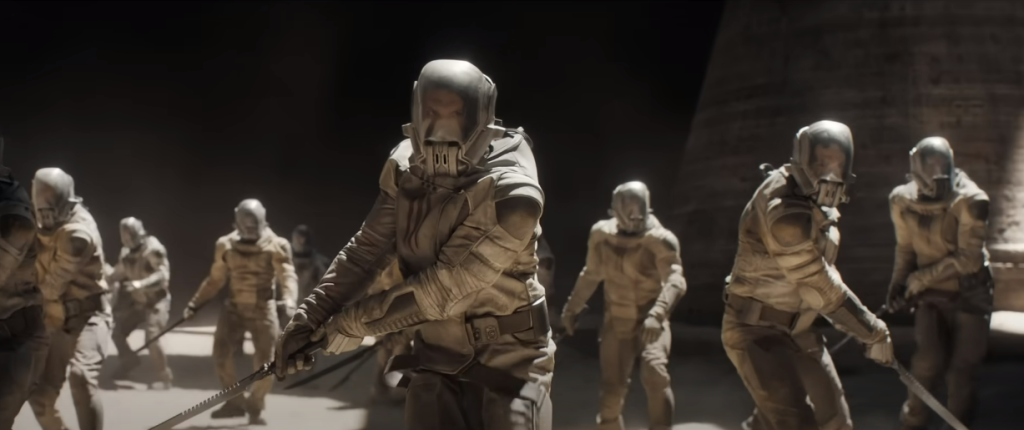
While some may find the film’s references to other cinematic works distracting, I found them enriching, enhancing rather than detracting from the narrative. While Lynch’s interpretation of “Dune” holds its own charm, Villeneuve’s adaptation captures the essence of Herbert’s universe with a newfound depth and resonance.
| Aspect | Description |
|---|---|
| Influence of Novels | Heinlein’s “Stranger in a Strange Land” introduced the term “grok” while Herbert’s “Dune” offered a futuristic political allegory with various themes. |
| Original Adaptation | Lynch’s 1984 adaptation of “Dune” didn’t engage the speaker as a teenager, primarily interested because of Lynch’s direction. |
| New Adaptation | Villeneuve’s “Dune” vividly brings the novel’s scenes to life, covering roughly two-thirds of the book in “Dune Part 1,” hinting at further storytelling. |
| Director’s Approach | Villeneuve stays true to Herbert’s vision, refraining from imposing his own ideas while acknowledging rare moments of levity in the script. |
| Cinematic Experience | The film offers an epic experience, striking a balance between grandeur and pomposity, drawing from cinematic references and paying homage to earlier works through visuals and score. |
| Character Portrayals | The extensive cast effectively embodies Herbert’s characters, with notable performances from Chalamet, Isaac, Ferguson, Zendaya, and Duncan-Brewster. |
| Release Strategy | Villeneuve criticized the simultaneous streaming release, emphasizing the film’s tribute to the big-screen experience. |
| Cinematic References | The film draws from various films known for grand spectacle, with Zimmer’s score paying homage to earlier works. |
| Personal Opinion | The speaker finds Villeneuve’s adaptation enjoyable, feeling it captures the essence of “Dune” while appreciating Lynch’s version for its liberties with themes. |

